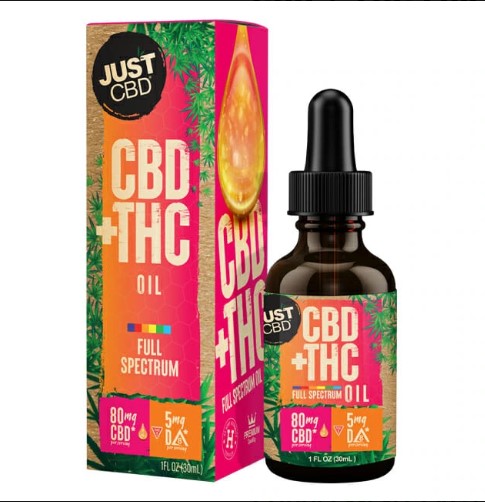Introduction:-
Canabis oils have emerged as a focal point in the conversation surrounding alternative medicine and holistic well-being. With the growing acceptance and legalization of cannabis in various parts of the world, the spotlight is increasingly turning towards the therapeutic potential of cannabis oils. In this comprehensive guide, we will explore the origins, types, benefits, and potential risks associated with cannabis oils, shedding light on the science behind this natural remedy.
Understanding Cannabis Oils:-
Cannabis oils are extracts derived from the cannabis plant, primarily known for its two main active compounds: THC (tetrahydrocannabinol) and CBD (cannabidiol). These oils can be obtained through various extraction methods, including CO2 extraction, ethanol extraction, or solvent-based extraction. The resulting products differ in their cannabinoid composition, leading to a spectrum of effects and applications.
Types of Cannabis Oils:-
CBD Oil:-
CBD, a non-psychoactive compound, has gained popularity for its potential therapeutic benefits. CBD oil is widely used to alleviate anxiety, reduce inflammation, and manage chronic pain without the "high" associated with THC.
THC Oil:-
THC, the psychoactive component of cannabis, is the primary focus of THC oil. It is commonly used for recreational purposes but also shows promise in managing certain medical conditions, such as chronic pain and nausea.
Full-Spectrum Oil:-
Full-spectrum oil contains a range of cannabinoids, terpenes, and other beneficial compounds found in the cannabis plant. This synergy, known as the "entourage effect," is believed to enhance the therapeutic effects of the oil.
Isolate Oil:-
Isolate oil contains only a single cannabinoid, typically CBD. It is an option for those seeking the specific benefits of CBD without the influence of other cannabis compounds.
Benefits of Cannabis Oils:
Pain Management:-
Both THC and CBD have shown promise in managing chronic pain, making cannabis oils a potential alternative for individuals suffering from conditions like arthritis or neuropathy.
Anxiety and Depression:-
CBD has been studied for its anxiolytic properties, offering a natural option for individuals dealing with anxiety and depression.
Epilepsy and Seizures:-
CBD has gained FDA approval for treating certain types of epilepsy, showcasing its potential in managing seizures.
Cancer Support:-
Some studies suggest that cannabis oils may help alleviate symptoms associated with cancer treatment, including nausea and loss of appetite.
Potential Risks and Considerations:
Psychoactive Effects:-
THC-containing oils can induce psychoactive effects, and individuals should be mindful of their tolerance and the legal implications in their region.
Quality and Purity:-
It's crucial to choose high-quality, reputable products to ensure the absence of contaminants and to maximize the potential therapeutic benefits.
Cannabis oils represent a fascinating intersection of traditional medicine and modern science. As research continues to unfold, the potential benefits of these oils for various health conditions are becoming more evident. However, it's essential for individuals to approach their use with caution, understanding the specific properties of different oils and consulting with healthcare professionals when needed. With the right knowledge and guidance, cannabis oils may play a significant role in the future of holistic wellness and alternative medicine.
For More Info:-
full spectrum cbd oil with thc
full spectrum water soluble cbd






Comments